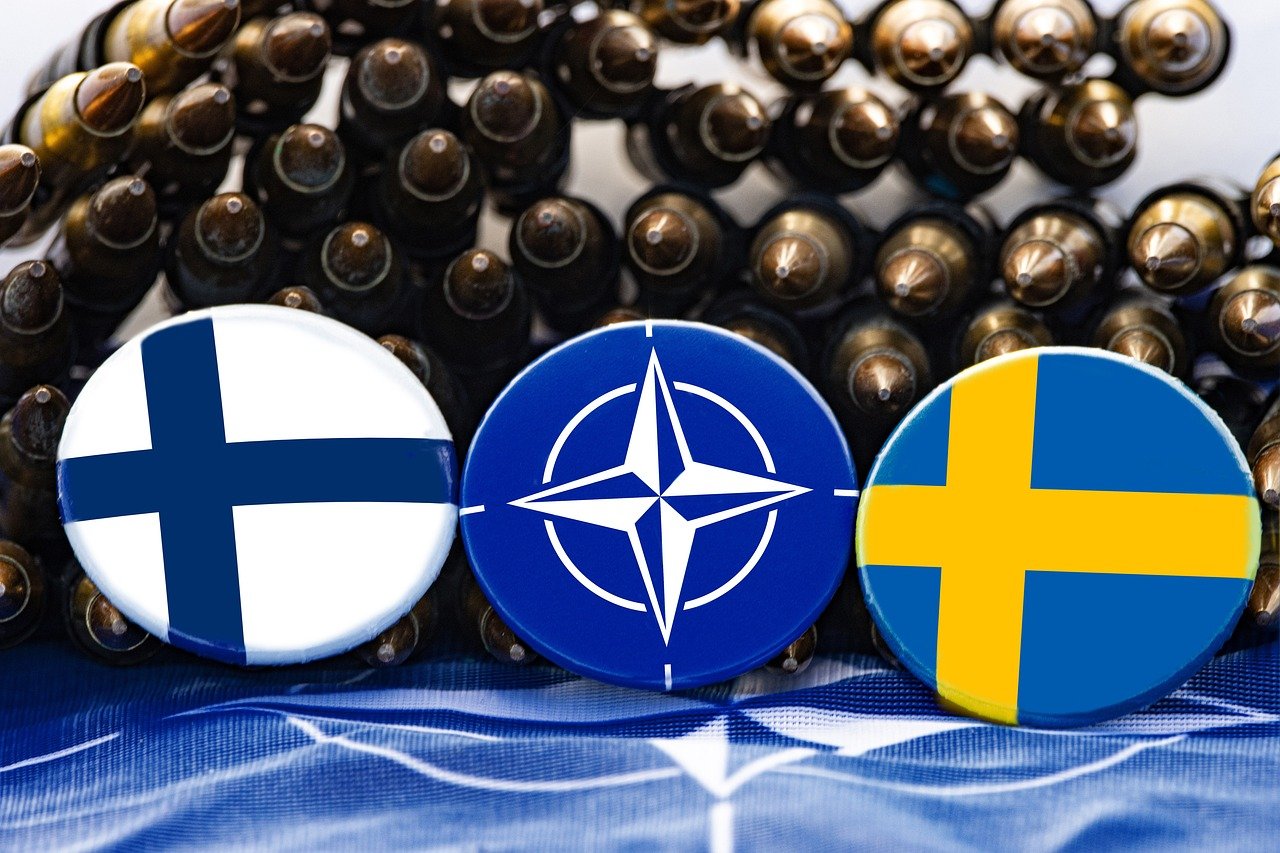In a recent press conference during the NATO Summit, US President Joe Biden made several notable blunders, which have since garnered significant media attention. Sky News host Gabriella Power remarked that President Biden “needs help” after mistakenly referring to the leader of Ukraine as “President Putin.” Power described the situation as “excruciatingly painful,” expressing that it is difficult to watch Biden become what she calls the “laughing stock of the world.” Begonia, Froggy This incident has sparked widespread debate about Biden’s condition and effectiveness as a leader. In this blog post, we will analyze the implications of Biden’s blunders, their impact on US politics and international relations, and the broader conversation surrounding his health.
Analyzing Biden’s Blunders
The Mix-up at NATO Summit
During the NATO Summit press conference, President Joe Biden mistakenly referred to Ukrainian President Volodymyr Zelenskyy as “President Putin.” Caladium, Koh Kret City This error was not only a significant diplomatic faux pas but also raised concerns about Biden’s cognitive capabilities. Such a mistake can erode confidence in a leader’s ability to engage accurately in high-stakes international diplomacy.
Implications for Global Image
Misidentifying key international figures can have severe ramifications for a president’s global image. The world watches these events closely, and any slip-up can quickly become headline news. For Biden, a seasoned politician, such mistakes bring into question his attentiveness and preparedness, potentially undermining the United States’ position on the global stage.
Media and Public Reactions
The American public and media outlets were quick to react. Gabriella Power’s comments echo a sentiment felt by many—that the American people deserve a leader who can represent them effectively without causing embarrassment. The media’s portrayal of Biden’s blunders adds fuel to the fire, intensifying scrutiny of his every move and statement.
Impact on US Politics and International Relations
Domestic Policy Implications
Biden’s blunders at the NATO Summit could have serious implications for domestic policy. Internally, it may affect public trust in his administration and his ability to lead effectively. Calathea vittata Critics argue that these mistakes reflect broader issues within the administration that could hinder progress on key domestic initiatives.
International Policy and Diplomatic Relations
On the international front, such blunders can strain diplomatic relationships. Allies and adversaries alike gauge the effectiveness of US leadership based on the president’s performance in these high-profile settings. Mistakes like referring to Zelenskyy as “Putin” could weaken alliances and provide fodder for adversaries to question US competence.
Long-term Strategic Goals
For long-term strategic goals, consistency and clarity in communication are crucial. If international partners perceive the US president as unreliable, it can disrupt ongoing negotiations and impede collaborative efforts on global issues such as climate change, security, and trade.
Responses from the Press and World Leaders
Media Coverage
The press has been relentless in its coverage of Biden’s missteps. News outlets around the globe picked up the story, analyzing every detail of the incident and its potential fallout. Calibrachoa, Cabaret Pink Headlines questioning Biden’s fitness for office have become more frequent, reflecting a growing concern about his capacity to lead effectively.
Political Analysts’ Take
Political analysts have weighed in, with opinions ranging from empathetic to critical. Some suggest that these blunders are minor and should not overshadow Biden’s policy achievements. Others, however, believe that such errors are indicative of deeper issues that need to be addressed to maintain confidence in his leadership.
Reactions from World Leaders
World leaders have also responded to the incident, with reactions varying based on their relationship with the US. Allies may express concern privately while maintaining public support, whereas adversaries might use the opportunity to criticize US leadership. The overall impact on diplomatic relations will depend on how these leaders perceive Biden’s future performance.
The Conversation on Biden’s Health
Signs of a Medical Condition?
Gabriella Power’s comment that Biden shows “all the signs of a medical condition” has sparked a broader conversation about the president’s health. Observers have noted past instances where Biden appeared to struggle with speech or memory, fueling speculation about his cognitive health.
Implications for His Presidency
If concerns about Biden’s health are substantiated, it could have significant implications for his presidency. The Psychology of Procrastination: Why We Wait and How to Stop. Public figures, especially those in positions of immense responsibility, must be transparent about their health to ensure they can effectively fulfill their duties. A lack of transparency could lead to distrust and calls for greater scrutiny from both the public and political opponents.
The Role of Media and Public Figures
The media and public figures have a responsibility to address these concerns respectfully and factually. Sensationalizing the issue can lead to misinformation and unnecessary panic. Instead, the focus should be on factual reporting and encouraging transparent communication from the administration.
Next Steps
President Joe Biden’s recent blunders at the NATO Summit have sparked a significant debate about his leadership capabilities and health. These incidents have potential implications for both domestic and international policies, affecting public trust and diplomatic relationships. While media coverage and public reactions have been intense, it’s crucial to approach the conversation around Biden’s health with sensitivity and a commitment to factual reporting.
Effective presidential communication is vital not only for maintaining public confidence but also for ensuring that US strategic goals are achieved. As the world continues to watch, the Biden administration must address these concerns head-on to maintain credibility on the global stage.
For political analysts and world leaders, these events underscore the importance of vigilant observation and critical analysis of leadership performance. When is Peach Season in Alabama? The stakes are high, and the American people—and indeed the world—deserve a leader who can effectively and confidently represent their interests.
—
By understanding and contextualizing President Biden’s recent blunders and the subsequent reactions, we gain insight into the broader implications for US politics and international relations. For additional resources and expert analysis, consider signing up for our newsletter to stay updated on the latest developments.




